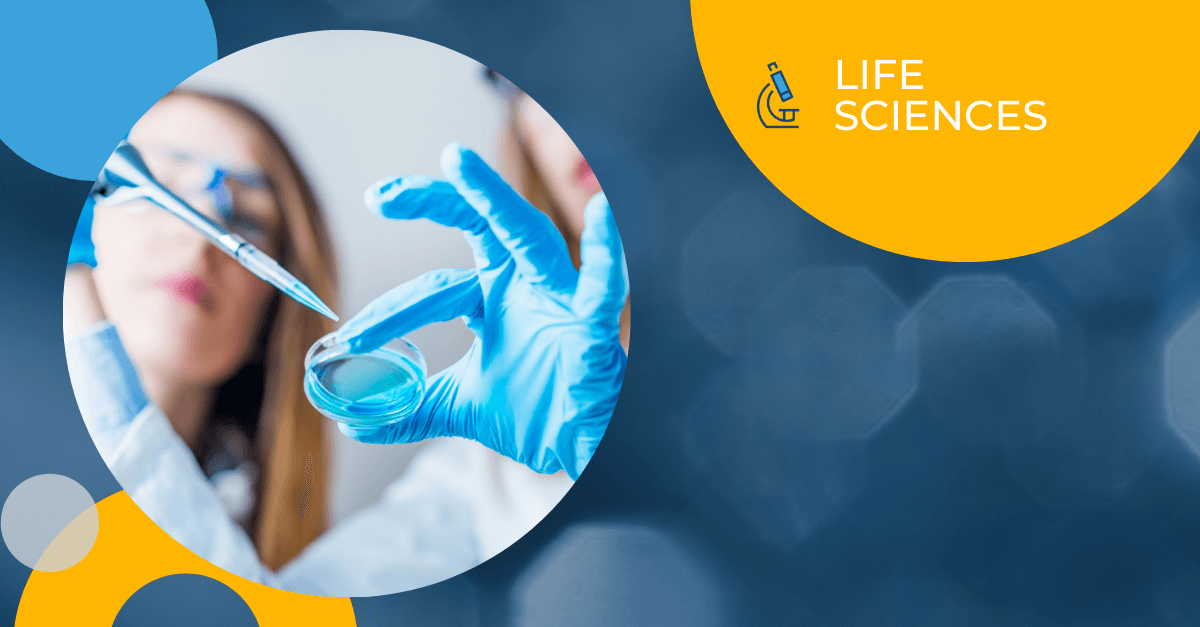Why Native Speakers of the Target Language are Vital for Medical Translation
Within the translation industry, best practice indicates you should always use a translator who is a native speaker of the target language. This is especially important in medical translation.
A native speaker of the target language knows how to translate the meaning and intent into the cultural and idiomatic language, whereas a non-native speaker might make an error that could have serious ramifications. From affecting the quality of patient care to medical mistakes that result in legal action, there is simply no room for error when it comes to medical translation.
Medical documents often combine highly specialized and technical terms with colloquial language and cultural idioms. For example, a medical professional may quote a patient who states they are ‘feeling blue’. The translator must deal with both the technical and colloquial use of this phrase, preserving the meaning and ensuring that readers of the target document gain full comprehension of the text. The selection of appropriate language to convey metaphors, analogies, idioms, and other culturally contingent uses of language relies upon a deep level of familiarity with the language, culture and history of the target language that is often not formalized in any particular text or other resource.
Native speakers also have a greater understanding of the subtle differences between the various audiences to whom the translated document is targeted. Medical terms have a number of synonyms–the use of particular terms depends on context, audience and culture.
For example, it is sometimes necessary to translate medical documents for the use of individuals with varying levels of medical knowledge. An essential skill medical translators should possess is understanding that the same term can be translated to both ‘hypertension’ and ‘high blood pressure’ and knowing for which audiences to use each term. Native speakers who are aware of the commonly used terms in both the medical field and colloquial language are, therefore, invaluable. Without this level of familiarity, the target document will not fulfill its purpose – to be understood by the audience for whom it is intended.
With the growing level of globalization and human migration across the globe, the accurate transmission of medical knowledge and medical documents across language barriers is vital. Public health bodies need to discharge their duties, medical professionals must care for their patients, healthcare companies must interact with clients and colleagues, and the legal system must deal with conflicts. All of these areas must work across language barriers, and for these translations to be as accurate and meaningful as possible, native speakers are essential for medical translation.
About Morningside
Morningside, a Questel Company, provides life sciences organizations with end-to-end language solutions for their regulatory, clinical, commercial, and patent needs. With over 4,000 clients in 55 countries, they are recognized for their life science expertise and technology innovation across pharma, biotech, medical devices, and healthcare. Their life sciences translation services ensure products and ideas reach new markets and comply with all regulatory and cultural requirements throughout the product lifecycle.


